When to File a Med Mal Suit for a Medical Device Injury
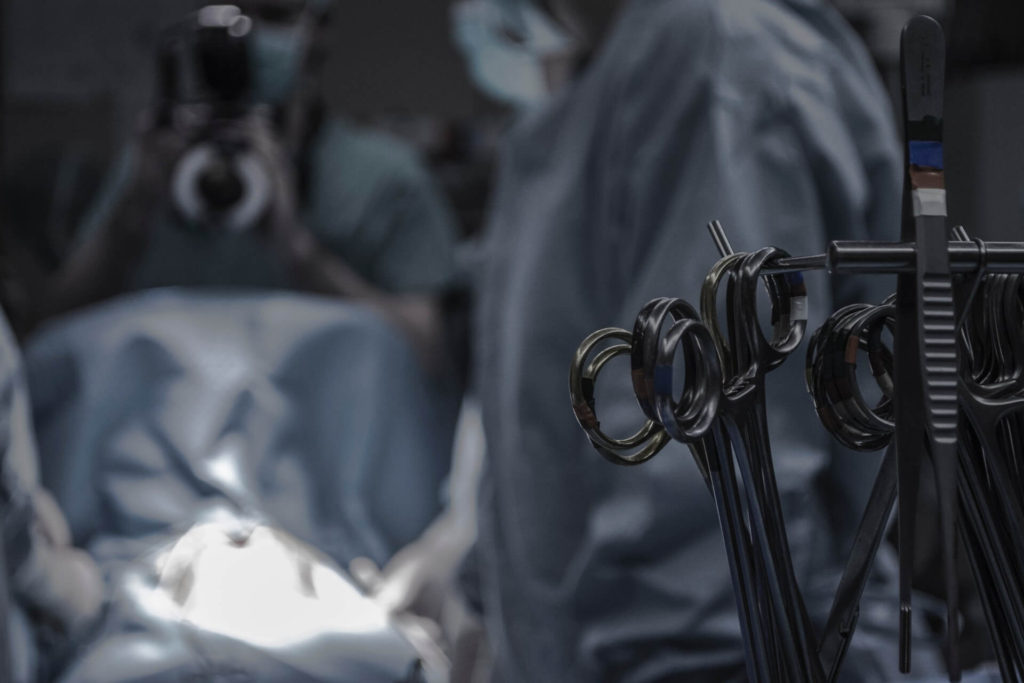 Say you had a medical device implanted in your body. It was supposed to be rigorously tested beforehand, and it’s there to make your life better. But something goes wrong. You’re hurt – but was it the device itself? Or was it the surgeon who implanted it?
Say you had a medical device implanted in your body. It was supposed to be rigorously tested beforehand, and it’s there to make your life better. But something goes wrong. You’re hurt – but was it the device itself? Or was it the surgeon who implanted it?
The Dangers of Doctor Fatigue
 Worker fatigue has steadily become a major concern across multiple industries as health professionals, researchers, and government officials acknowledge the serious ramifications of a lack of sleep on the human body. There is no doubt that we need regular and consistent sleep to function properly, but it is becoming more apparent that fatigue contributes heavily to slower response times, failures of high-level cognitive functions, and poor decision-making. Like choosing to forego sleep.
Worker fatigue has steadily become a major concern across multiple industries as health professionals, researchers, and government officials acknowledge the serious ramifications of a lack of sleep on the human body. There is no doubt that we need regular and consistent sleep to function properly, but it is becoming more apparent that fatigue contributes heavily to slower response times, failures of high-level cognitive functions, and poor decision-making. Like choosing to forego sleep.
Never Go Into a Malpractice Claim Alone
 Say you were injured in a hospital. The staff may rush to rectify the issue promptly. While you definitely deserve quick and efficient medical treatment, you may also find yourself receiving calls or visits from the hospital’s attorneys. This is because the hospital wants to determine how much liability they hold for your injuries. If possible, they may immediately offer you a settlement to keep you from filing a lawsuit. While this may seem like a godsend, you should always consider speaking to a lawyer first.
Say you were injured in a hospital. The staff may rush to rectify the issue promptly. While you definitely deserve quick and efficient medical treatment, you may also find yourself receiving calls or visits from the hospital’s attorneys. This is because the hospital wants to determine how much liability they hold for your injuries. If possible, they may immediately offer you a settlement to keep you from filing a lawsuit. While this may seem like a godsend, you should always consider speaking to a lawyer first.
The Real Cost of MedMal
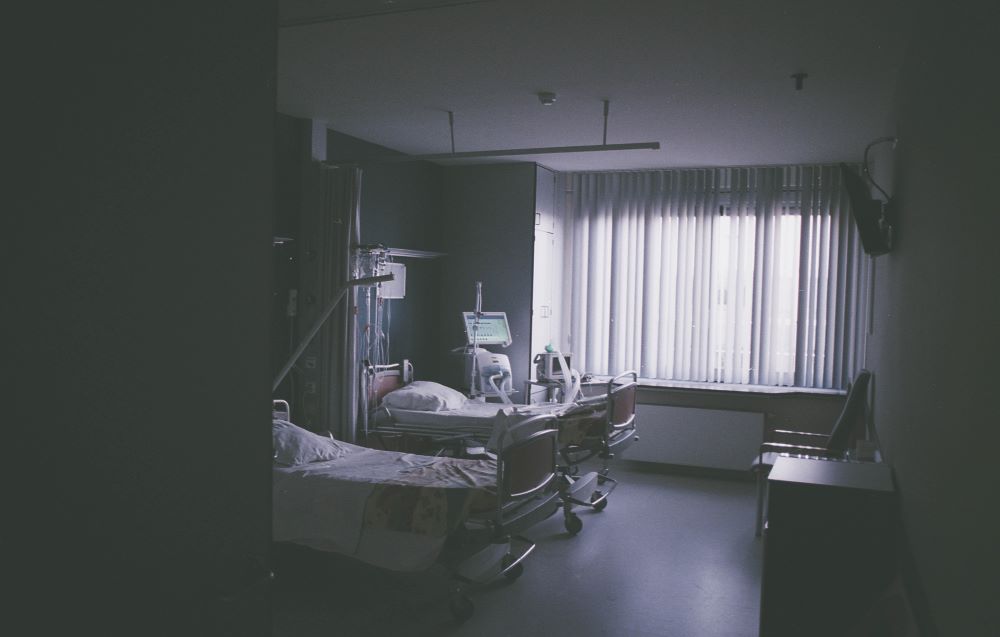 When you first consider filing a claim for damages, you may begin wondering how much money you can receive. Most people relate this to how much they have lost due to an injury, such as the medical bills they wouldn’t have had to pay if they weren’t injured. In addition, victims can also seek out lost wages from time off work and property, but most are not even aware that lost earning capacity can be included.
When you first consider filing a claim for damages, you may begin wondering how much money you can receive. Most people relate this to how much they have lost due to an injury, such as the medical bills they wouldn’t have had to pay if they weren’t injured. In addition, victims can also seek out lost wages from time off work and property, but most are not even aware that lost earning capacity can be included.
New York Statute of Limitations and the Discovery Rule
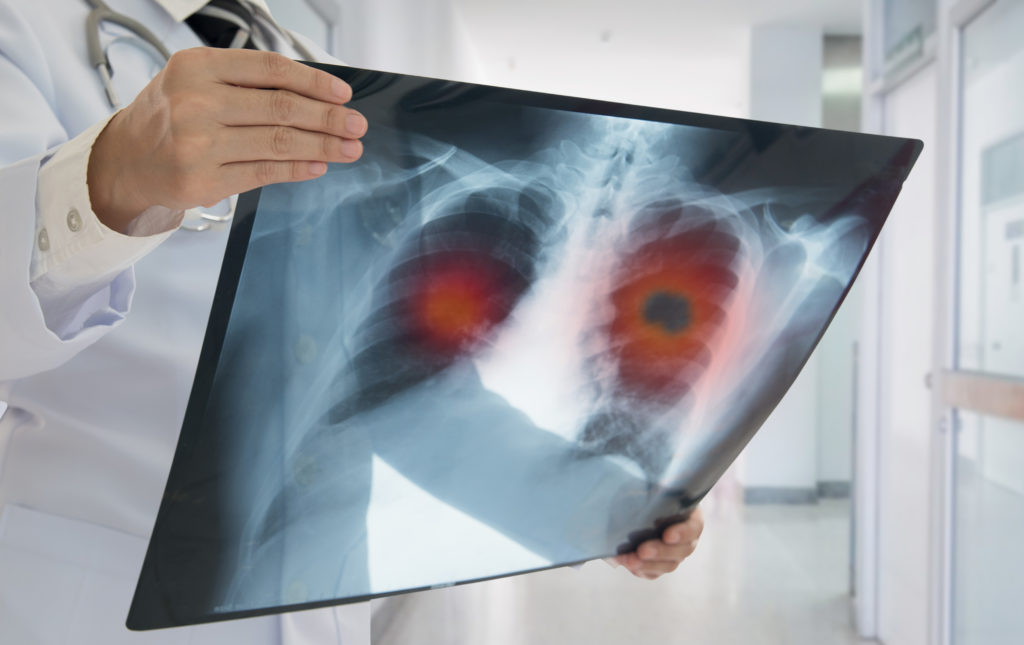 After suffering an injury due to medical malpractice, the last thing you want to worry about is dealing with legal deadlines. Unfortunately, our system is rigged with countless landmines that can negate your claim if not understood and avoided. One of the most important landmines is the statute of limitations, which refers to a limited period in which you can begin legal action.
After suffering an injury due to medical malpractice, the last thing you want to worry about is dealing with legal deadlines. Unfortunately, our system is rigged with countless landmines that can negate your claim if not understood and avoided. One of the most important landmines is the statute of limitations, which refers to a limited period in which you can begin legal action.
Proving A Medical Malpractice Case In New York

Medical malpractice claims are getting harder for plaintiffs to win. In fact, research shows that the rate of successful medical malpractice cases dropped by almost 56% between 1992 and 2014. This is why having the representation of an experienced NYC medical malpractice attorney is important, now more than ever.
Medical Malpractice and the Opioid Crisis

It’s difficult to turn on the evening news without hearing about ongoing developments in the “opioid crisis.” Though the media has been aggressively reporting on how the crisis has affected Americans, news reports often fail to address the role that doctors play – especially when it comes to overprescription of painkillers.
Can these doctors be held liable? What actions are being taken against the people who have flooded New York City with addictive painkillers for decades? The latest installment of the opioid saga may answer that.
How Lavern’s Law Can Help Cancer Patients – Updated
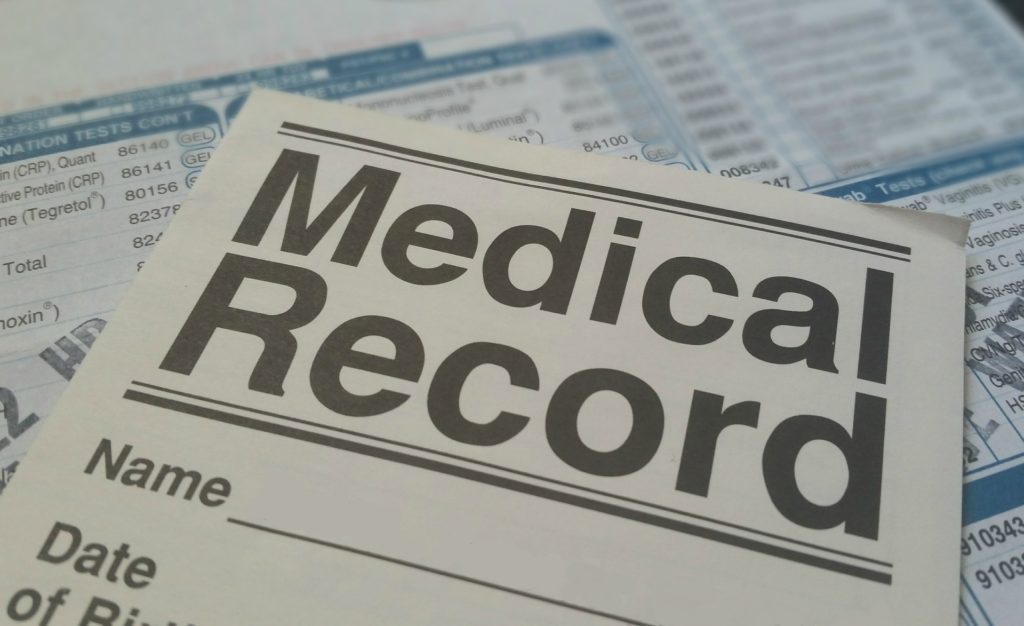 New York State enacted Lavern’s Law on January 31, 2018. This new law extends the amount of time a patient has to file a medical malpractice lawsuit for a missed cancer diagnosis.
New York State enacted Lavern’s Law on January 31, 2018. This new law extends the amount of time a patient has to file a medical malpractice lawsuit for a missed cancer diagnosis.
Can Hearing Loss Affect Your Healthcare?
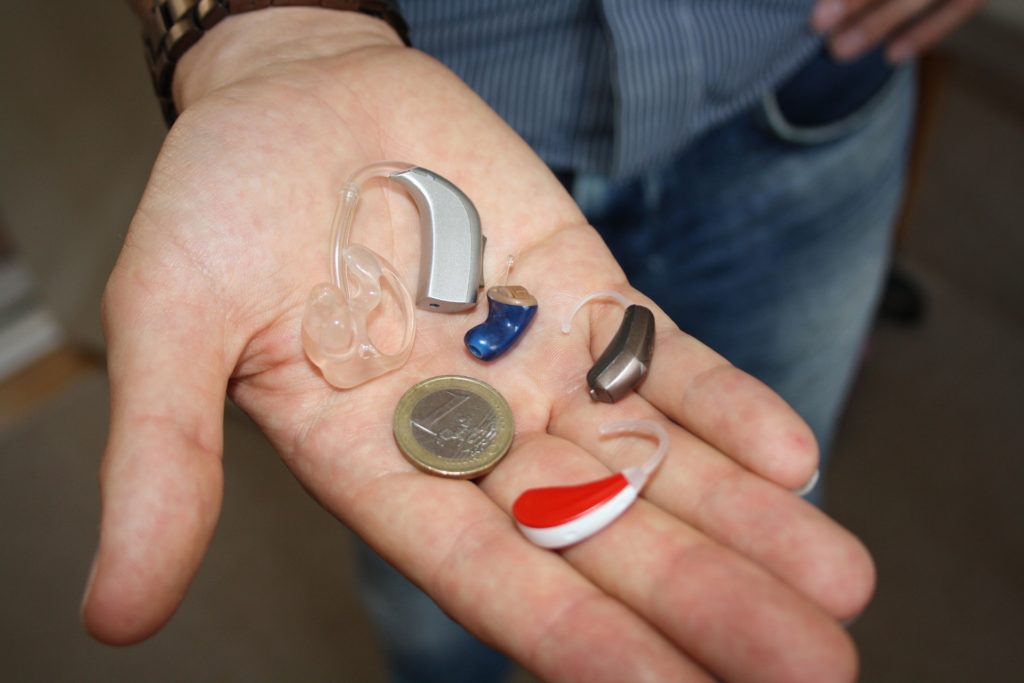 Quality medical care requires communication: patients need to explain their issues fully to physicians, and must be able to hear treatment instructions provided to them.
Quality medical care requires communication: patients need to explain their issues fully to physicians, and must be able to hear treatment instructions provided to them.
Elderly patients who suffer hearing loss, however, are often unable to hear everything that is said to them by doctors and nurses, which can impact their overall medical care. This is something that doctors and nurses throughout New York should keep in mind as they care for their patients. Failure to do so may open them up to medical malpractice claims, especially if they know the patient suffers from reduced hearing.
Congress Seeks to Cap Some Medical Malpractice Damages
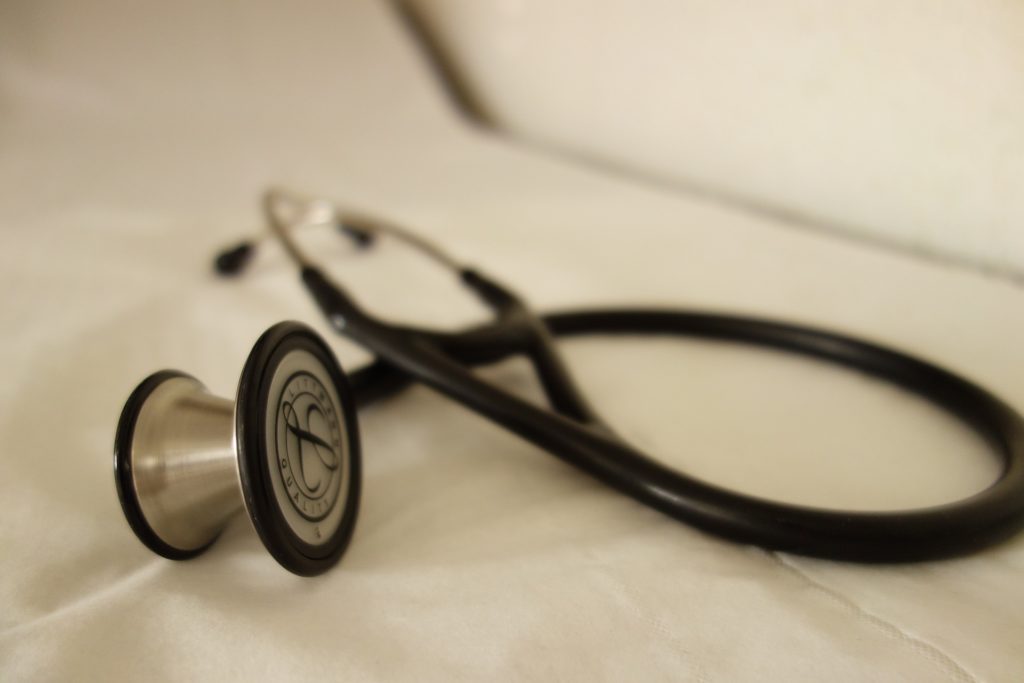 A bill known as the Protecting Access to Care Act, or PACA, recently passed a vote in the House of Representatives and has moved on to the Senate for a future vote.
A bill known as the Protecting Access to Care Act, or PACA, recently passed a vote in the House of Representatives and has moved on to the Senate for a future vote.
Despite the bill’s name, what it actually does (among other things) is place a limit on the “noneconomic” damages that can be awarded for medical malpractice cases at a federal level. In New York State, there is no cap on noneconomic damages in medical malpractice cases, which means this federal law could override the state law in some instances.